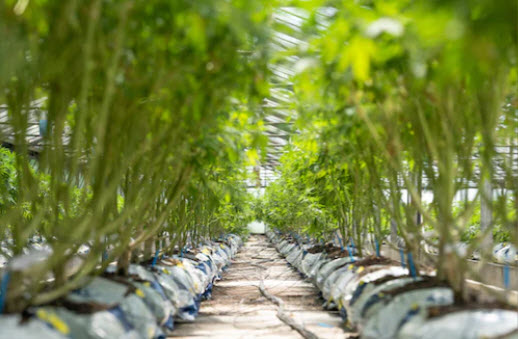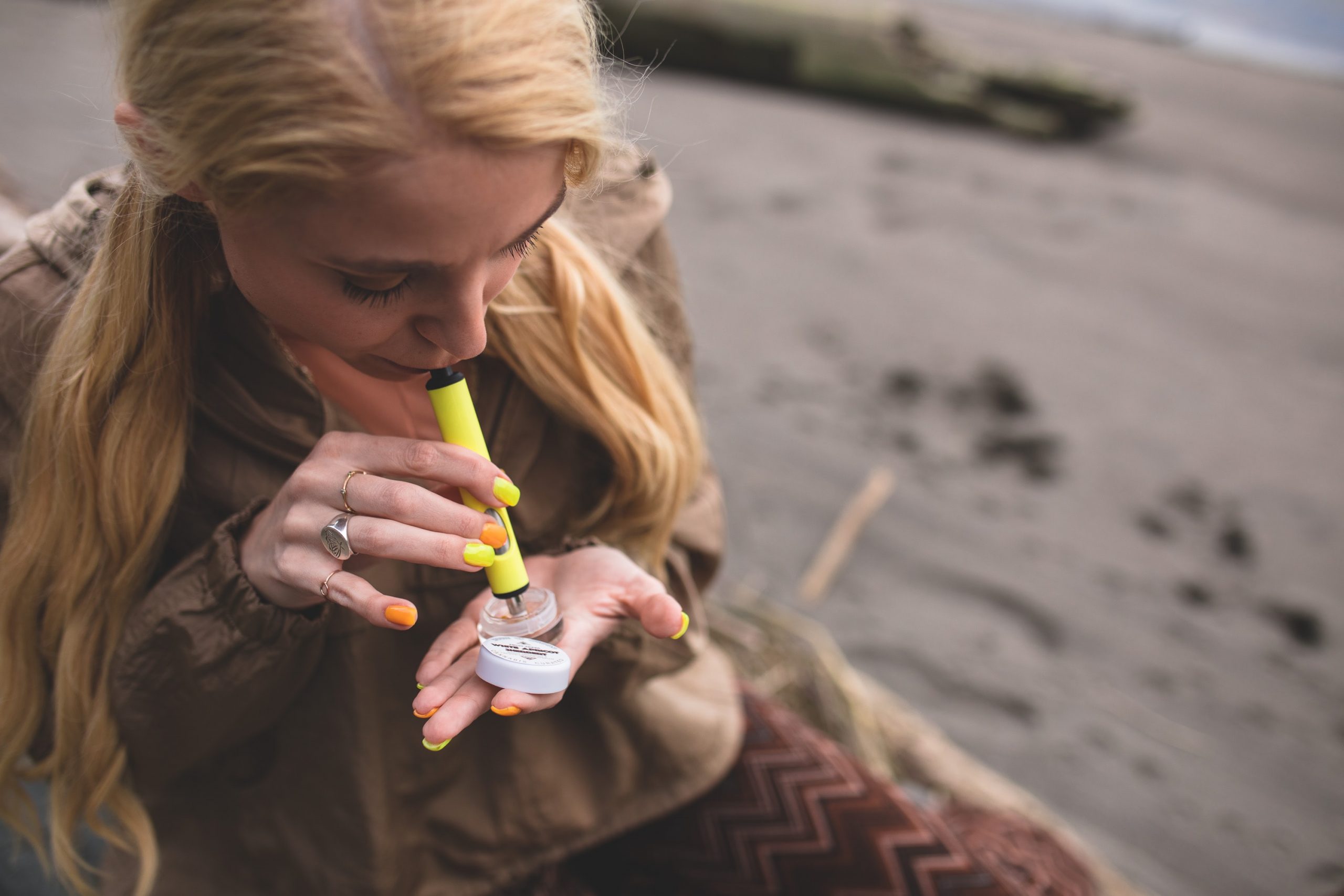For international observers of the entire German legalization debate: the draft law, in German, plus a few observations about implementation
While there has been some commentary in English about the now pending cannabis legalization law, it is not easy for non-German speakers to find drafts online.
Here is the link to the draft law, as of October 9, 2023.
You can read my overall analysis of the larger issues in the law here.
Beyond criticism, however, there are some very interesting quirks of the law, not seen anywhere else. This blog post is a summary of how the German law differs from what has been seen before, and what is kind of like things seen other places.
Tweaking With National Reform In A Strange Global Environment
In some ways, the model now being proposed for cannabis clubs is a bit of a riff on what happened in Canada circa the turn of the century. Namely, patient collectives were allowed (although not after a fight to the Supreme Court). There is not really a direct similarity from the US because all of the reform to date has been on a state level, and references to the 1961 Single Convention on Narcotics have not been a guide at all.
As a result of this focus, the German cannabis club market is also different from anything seen before in Canada. This includes a much stricter regulatory environment, which will absolutely involve training of just about everyone involved. Beyond this, the wage regulation of the industry has never been set anywhere before. In Germany, so far, the intent seems to be to limit those who work in such environments to a mini job wage (520 euros a month).
In some ways, this is an interesting play. It is clear that politicians think this might be an interesting incentive to wean those currently dependent on this kind of work off a government cash payment. That said, this entire discussion is rife with issues, starting with the fact that such workers will not be able to afford (very much of) their product.
However, on the positive side, this is also the first time any country has seriously put labor regs about workers up front. The fact that Germany is trying to define this industry, in such a way, no matter how complex it will be, is actually a very positive and first of its kind step.
A Non-Commercial Recreational Market
For the time being, the only “recreational” market in Germany will be strictly non-profit, but not limited to patients.
That is an interesting twist in a country where theoretically at least, medical access has been legal since 2017. The clubs, along with the ability to grow at home, will certainly take some pressure off the insurance companies which are now facing a new reality none of them are ready for. Namely, when cannabis is removed from the Narcotics Act, as CanG now proposes, there will be more doctors writing scripts. However, the process for approval will, by definition, also have to change. Namely, while it is clear that the MDK will probably have to be still involved, if just because of the expense, it is also probable that insurance companies will finally start to buy in bulk as they do with other expensive healthcare items and medications.
Financing Issues
As a result of the strict rules on how cannabis may be dispensed from the clubs (no consumption on the premises and paid for via club fee rather than being sold directly), plus limits on the number of members and the grams they are allowed per month, this is not a place where investors will flock, at least not at first. As in Canada, and to a lesser extent the US, there may be an attempt to buy these lists as some of the clubs manage to claw their way through the regulatory maze, but don’t expect anything to emerge that is meaningful for the next several years.
The Need For Professional Support
There is zero way the clubs can get underway without expenses that are going to be prohibitive to many. This includes legal and regulatory guidance that is not cheap at the best of times. Even if people are initially trained via job training supported by the government. Given the reliance on international regulations and laws, expect all workers in such clubs to have to be trained, probably using what are known as ISO standards.
This is what is absolutely different from the German model now being proposed in the Bundestag.
The Need For a Separate Regulatory Schemata
The Germans are certainly aware that they are breaking new ground. And, despite all the criticism, are certainly staking out a territory that has been, for the most part, limited to the federal regulators at Health Canada.
The development of a regulatory framework for cannabis however, as a non-narcotic yet still controlled plant, is not going to happen overnight. Key among these discussions is what non-compliance fines and penalties will look like.
Regardless, by creating a deliberately non commercial market from the get go, there will be (less of) a race to create a profit making environment from the beginning.
The Recreational Trial Market (CanG Part II)
There is of course, a huge interest in a commercialized recreational market. It is unlikely that anyone is going to get into the trials without having either pharmaceutical experience or a great deal of money, or both. However that discussion is at least several years away.
What Will Happen In The Meantime?
There is going to be consolidation in the medical distribution market, and prices are already dropping. With over 700 strains available on the market, there is also starting to be price differentiation seen on THC content, but not much else. This means that patient access and loyalty will be even more important than it is at the moment. The most innovative distributors will continue to look for ways to develop a market loyal to their product, or at least stuck with their brand come prescription and purchase time.
Is Home Grow A Significant Issue?
As much as many in the industry hate this discussion, it is an important development. Namely, at least some people who want to grow their own plants will be allowed to do so. The reality is however that there is also an investment here – in a grow tent and lights for most. Or at least a secured outdoor facility.
What the home grow discussion is going to do however, is start to create a more or less legit craft industry, where people will begin to experiment.
What Is Significantly Missing?
The entire edibles as well as commercially produced product discussion, for now, is off the table. This means that this entire part of the market will be limited to those who decide to try to extract cannabinoids at home, no matter where they get them.
This invites a whole raft of safety conversations that so far have been largely off the table, which is not a great development. There must be some kind of educational information at least, about what to do, since people will (and of course already are) experimenting. And it won’t all just be cannabutter experiments.
Homogenizing The German Legal System For Cannabis Reform
It is inevitable that things are going to fall through the cracks. They already have, and it does not appear that CanG fixes all of these issues, simply because they haven’t been properly recognized as major issues.
Here is an example, based on the current situation. A legitimate patient caught growing their own can be charged under the BtMG (Narcotics Law) by prosecutors who completely ignore the 2017 law and choose to prosecute patients as dealers if they have more than 7 grams of THC in their possession. There was no carve out in the current medical law for edge cases (of which there are many, simply because of the problem of insurer coverage).
The same is true in the current draft of CanG.
One of the most glaring problems already identified in the current draft and so far not addressed by legislators is the problem of enforcement. If a patient is a member of a club and also grows their own, plus obtains a prescription, there is a very good chance they will have more than 50 grams in their possession at home.
Here is the way to think about this math. I am using myself as an example.
- Up to 120 grams (the maximum allowed by health insurers for reimbursement). A patient who goes to the pharmacy once a month will have at least as much as their prescription at home. This is already almost three times the legal limit for possession as envisaged under CanG. Patients like me, in other words, are still in danger.
- Up to 50 grams of cannabis club weed
- The results of any home grow harvest. The reality here is that with any half decent grow tent and lights, it is possible to obtain as much as two to three kilos from a high-bearing strain (although this requires a certain experience, skill and the right seeds). Even if, however, a grower “only” is able to obtain 50 grams per plant, this still puts someone like this in extreme jeopardy, especially if they also obtain cannabis legally via the two other routes. This is also the case if people do not smoke all they grow in one grow cycle.
Because this is such an obvious example of where people will certainly be endangered by the new law, legislators need to create carve outs in the language to anticipate this reality, no matter how politically unpopular. It also means that the “average” person in Germany will be able to at least stockpile a considerable amount of weed. The current law does not create such guidelines. The burden will fall on the regulatory agencies. And if their performance to date is anything to go on, this is going to be a mess that will almost certainly shake out in the courts.
Time Will Tell
No matter what, the German cannabis legalization experiment is going to be avidly watched. This includes by other European countries who are now considering the same thing, or even looking for new routes into the existing medical market.
Further, how the law, presumably when passed by hopefully the middle of next year, will be interpreted, is another discussion that can only be had once the entire Frankensteinion construction lurches into operation.
Short summary? Watch this space.









